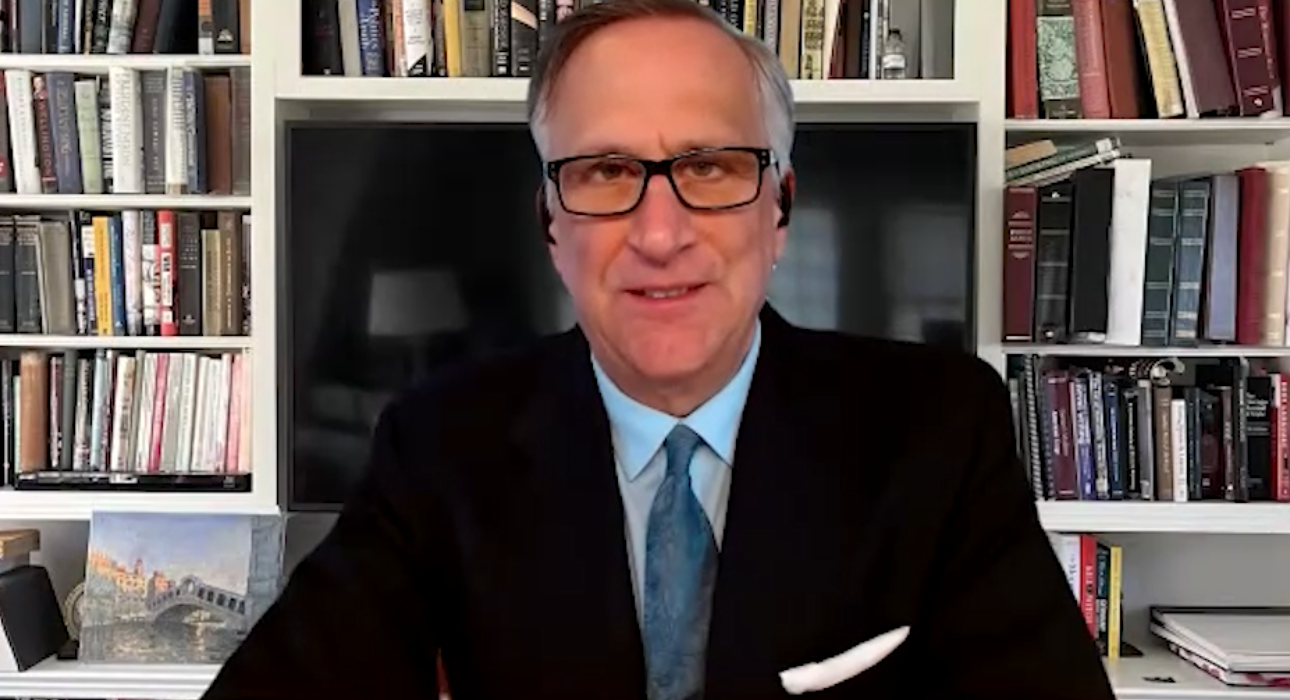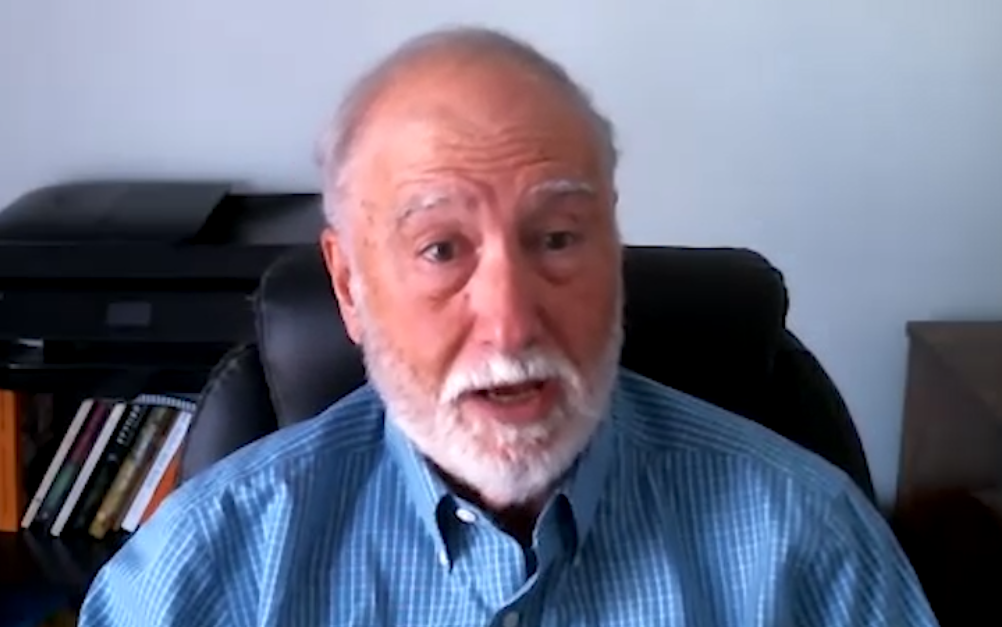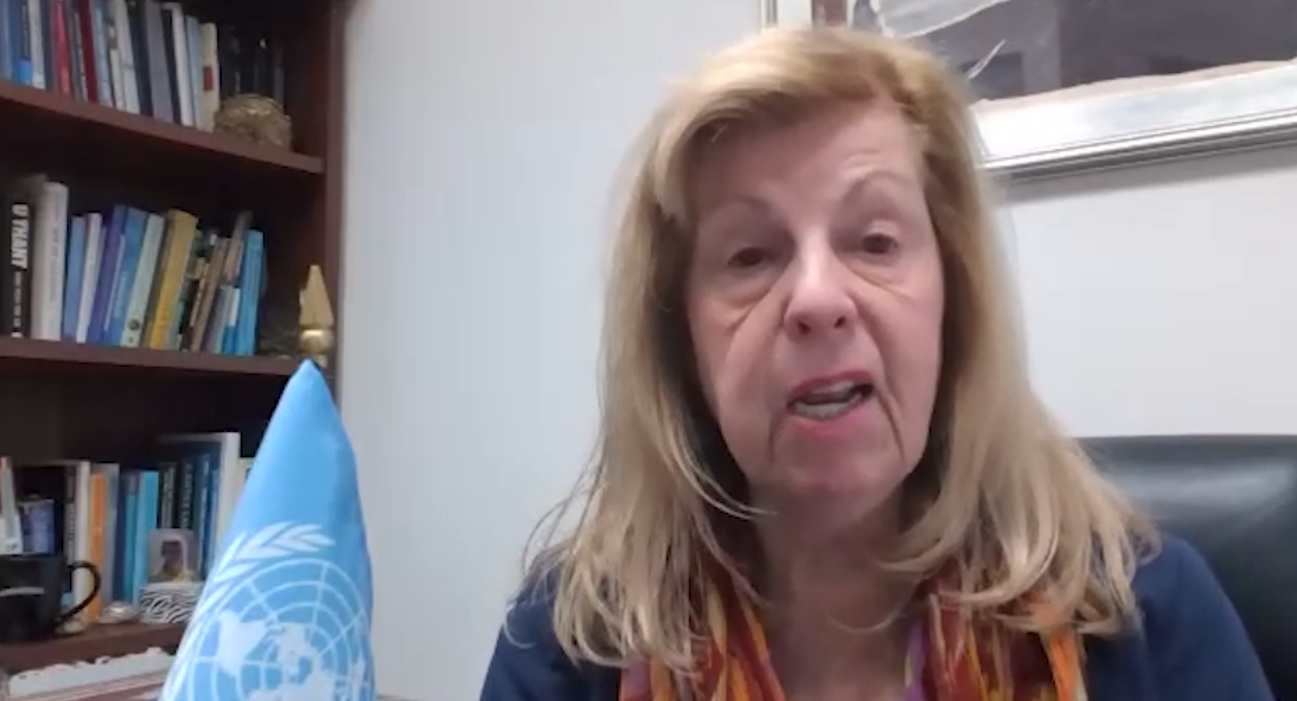GCTV explores and covers diverse world issues such as hunger, poverty, security, economic development, energy, world health, migration, war, human rights, tolerance and international trade.
WORLD
ISSUES | LEADERS | ACTION
Global Connections Television (GCTV), the only talk show of its type in the world, has featured a myriad of guests ranging from leaders at the UN to the private sector to academics to non-governmental organizations.
RECENT INTERVIEWS
International relations specialist Bill Miller discusses world events with experts from various fields every week. All videos are made available for download in High Definition at no charge.
Featured Guests
Bill Miller
Bill Miller worked with the Kentucky Legislative Research Commission (LRC), which is the bipartisan staff for the Kentucky General Assembly, from 1977-1999 primarily as a Federal/International Relations Specialist and Assistant Public Information Officer.
SERVICES
People worldwide are becoming more intricately intertwined in an interdependent world.
For example, polls show that Americans and many people worldwide are less aware of the importance of international affairs and governmental programs on their lives and are less informed about how to positively impact international problems that have local implications.
Miller and Associates International Media Consultants offer two basic services to confront this situation.
UN EDUCATION
Is your institution looking for a supplemental course to your curriculum on international public administration, international relations or global governance? If so, you may want to use the following as a prototype.
The model and curriculum were independently developed by Professor Bill Miller. This is a public administration-international relations course offered at Kentucky State University's Graduate School of Public Administration titled “International Organizations: Focus on the United Nations and International Public Administration."
NEWS
Mr. Miller, an international relations specialist, has written numerous articles on the United Nations for newspapers, such as the Lexington-Herald Leader, ASPA’s PA Times and Washington International.









